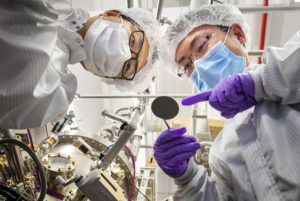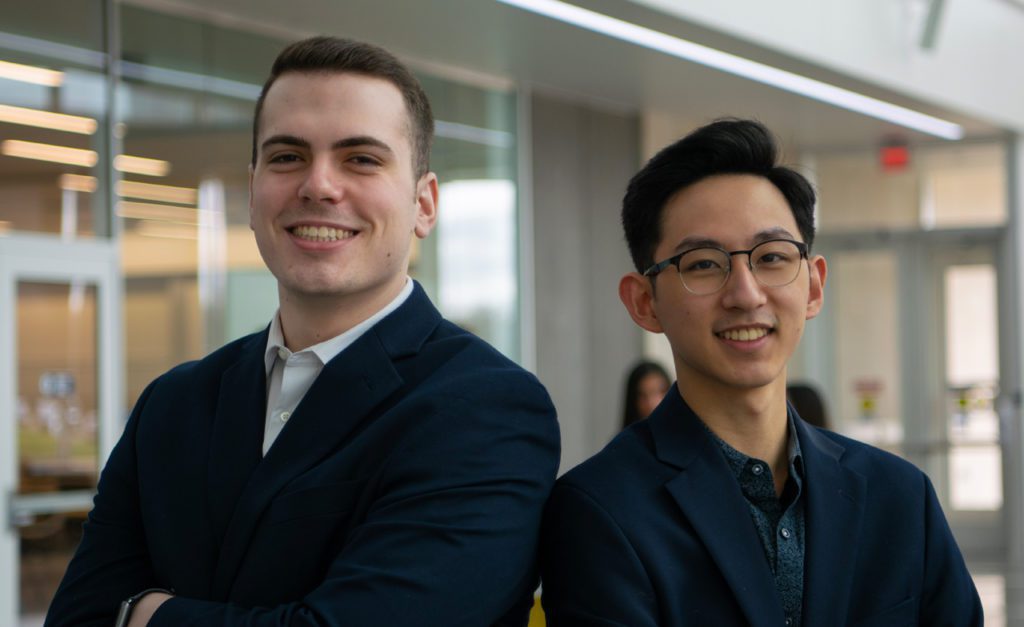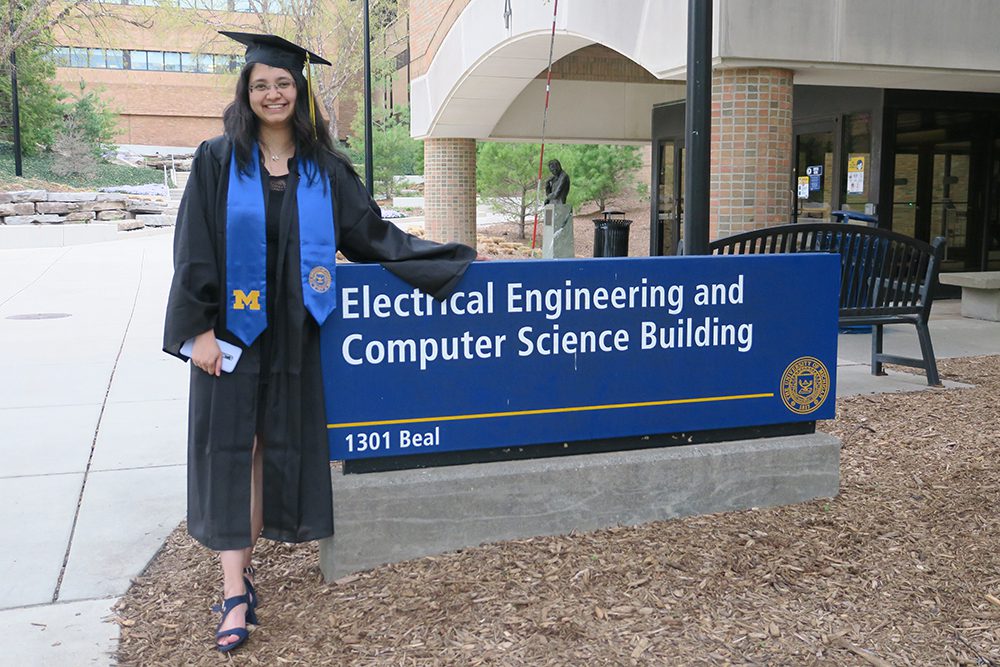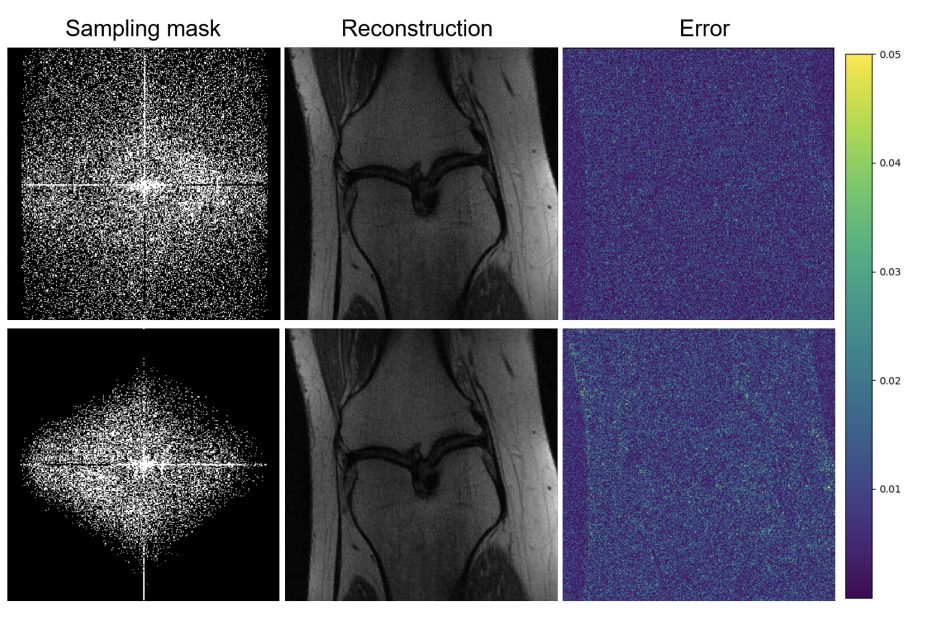The ability to precisely tune electrical polarization switching through molecular beam epitaxy is a gamechanger


The ability to precisely tune electrical polarization switching through molecular beam epitaxy is a gamechanger

Built by students and funded by student VCs, the venture marks a new model for launching ideas into ventures.

From the internships that inspired her interest in signal & image processing and machine learning to late night study sessions at the Duderstadt to her background in classical dance, Master’s student Rucha Apte shares her journey with us.
What should a robot do when it cannot trust the model it was trained on?
The post Helping robots learn what they can and can’t do in new situations appeared first on Michigan Engineering News.

KLA sponsored prizes for three outstanding projects focused on improving image processing for neurosurgery and satellite applications and MRI reconstruction techniques.

When the pandemic shut down in-person instruction, this six-member team created and delivered individual lab kits to 1,200 students around the world so hands-on lab experience could continue.
Transparent optical sensor arrays combine with a specialized neural network in new University of Michigan prototype

In a project he calls the “Marauder’s Map,” Prof. Zhang uses machine learning-based data models, physics models, and heuristic models to turn physical structures into sensing devices.
Artificial photosynthesis devices that improve themselves with use
The post Artificial photosynthesis devices that improve themselves with use appeared first on Michigan Engineering News.

Maya Pandya, an Electrical Engineering senior, is a key member of the student team working to design a new generation of CubeSats that may revolutionize how we monitor space environments and provide a new method for interplanetary communication.